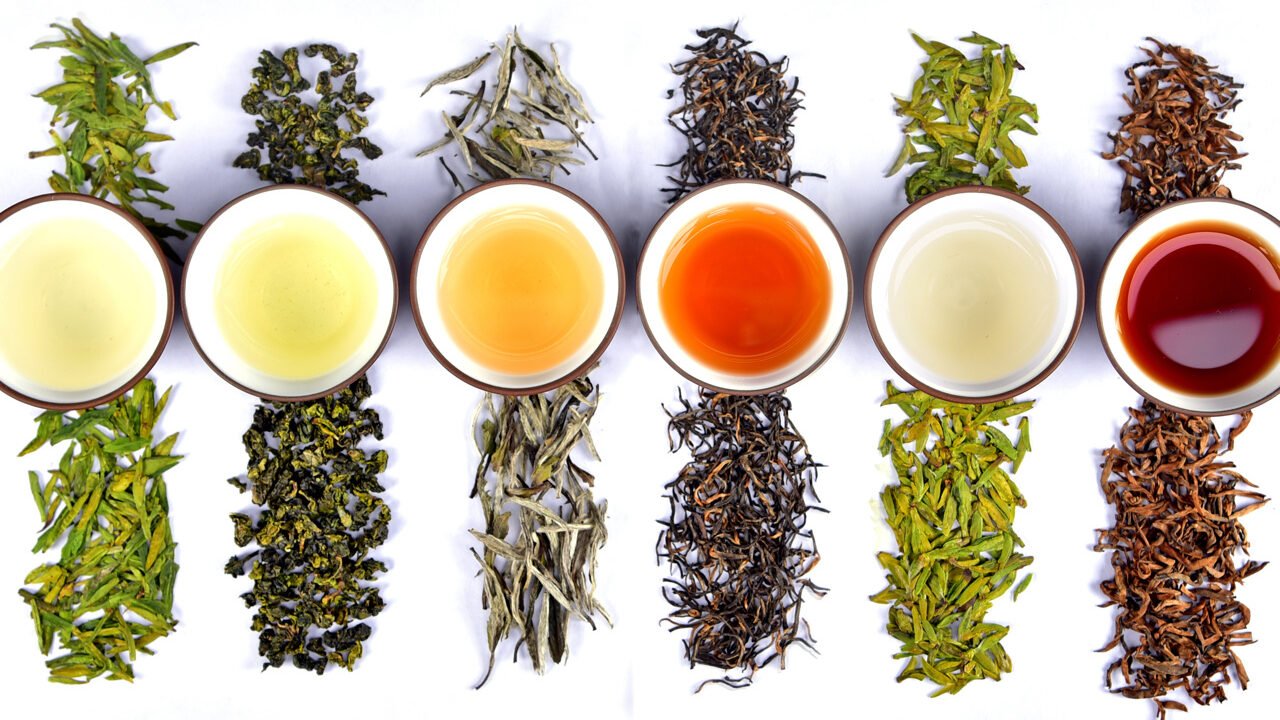Chinese tea, deeply rooted in the country’s rich cultural heritage, has gained widespread popularity globally. Renowned for its diverse flavors, aromas, and purported health benefits, the question of whether it is good to drink Chinese tea every day is multifaceted. This essay aims to explore the potential advantages and considerations associated with daily Chinese tea consumption.
Historical and Cultural Significance of Chinese Tea:
To understand the significance of daily Chinese tea consumption, it is essential to delve into its historical and cultural roots. Tea cultivation in China dates back thousands of years, with the practice evolving from medicinal purposes to a cultural and social tradition. Chinese tea ceremonies, such as the Gongfu Cha, exemplify the deep respect and appreciation for tea, reflecting the integration of tea into various aspects of daily life.
Types of Chinese Tea:
China is home to a vast array of tea varieties, each with its unique characteristics, flavors, and health benefits. Some of the most popular types include green tea, black tea, oolong tea, white tea, and Pu-erh tea. Understanding the properties of these teas is crucial in evaluating the potential impact of daily consumption on health.
Health Benefits of Chinese Tea:
- Antioxidant Properties:
Chinese tea, particularly green tea, is rich in antioxidants such as catechins. These compounds have been linked to various health benefits, including the neutralization of free radicals, which can contribute to aging and chronic diseases. - Heart Health:
Studies suggest that regular consumption of Chinese tea may contribute to cardiovascular health. The presence of polyphenols in tea has been associated with a lower risk of heart disease by reducing cholesterol levels and improving blood vessel function. - Weight Management:
Certain Chinese teas, like oolong tea, have been linked to weight management. The combination of caffeine and polyphenols in these teas may enhance metabolism and aid in fat burning. - Improved Cognitive Function:
The presence of L-theanine, an amino acid found in tea, has been associated with improved cognitive function and relaxation. This can positively impact mental alertness and reduce the risk of age-related cognitive decline. - Digestive Health:
Chinese herbal teas, such as chrysanthemum tea and Pu-erh tea, are believed to have digestive benefits. They may help alleviate indigestion, reduce inflammation, and promote a healthy gut.
Considerations for Daily Consumption:
- Caffeine Content:
While moderate caffeine consumption can offer benefits like increased alertness, excessive intake may lead to negative effects such as insomnia, jitteriness, and increased heart rate. Individuals sensitive to caffeine should be mindful of their daily tea intake. - Tea Quality and Purity:
The quality and purity of the tea are paramount. Contaminants or pesticides in low-quality tea may negate the potential health benefits. Choosing organic or high-quality teas ensures a safer and more beneficial experience. - Individual Health Conditions:
Individuals with specific health conditions, such as kidney problems or iron deficiency, should consult healthcare professionals before incorporating Chinese tea into their daily routine. Some compounds in tea may interfere with certain medications or exacerbate pre-existing health issues. - Variety in Tea Types:
To maximize the potential benefits, incorporating a variety of Chinese teas into the daily routine can be beneficial. Each type offers a unique set of compounds and health properties, ensuring a more comprehensive approach to well-being.
Conclusion:
In conclusion, the question of whether it is good to drink Chinese tea every day does not have a one-size-fits-all answer. Daily consumption of Chinese tea can offer numerous health benefits, ranging from antioxidant properties to potential cardiovascular and cognitive advantages. However, individual factors such as caffeine sensitivity, tea quality, and existing health conditions must be considered.
Embracing the rich cultural and historical significance of Chinese tea, individuals can make informed choices about incorporating this beverage into their daily lives. Moderation, mindfulness, and a diverse selection of teas can contribute to a holistic approach to well-being, allowing individuals to savor not only the flavors of Chinese tea but also its potential health-enhancing properties.
